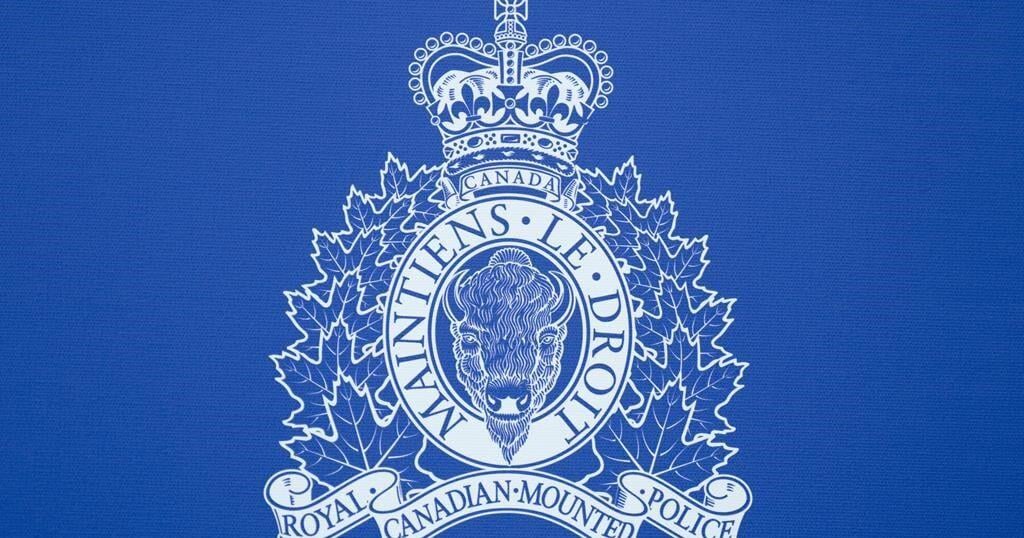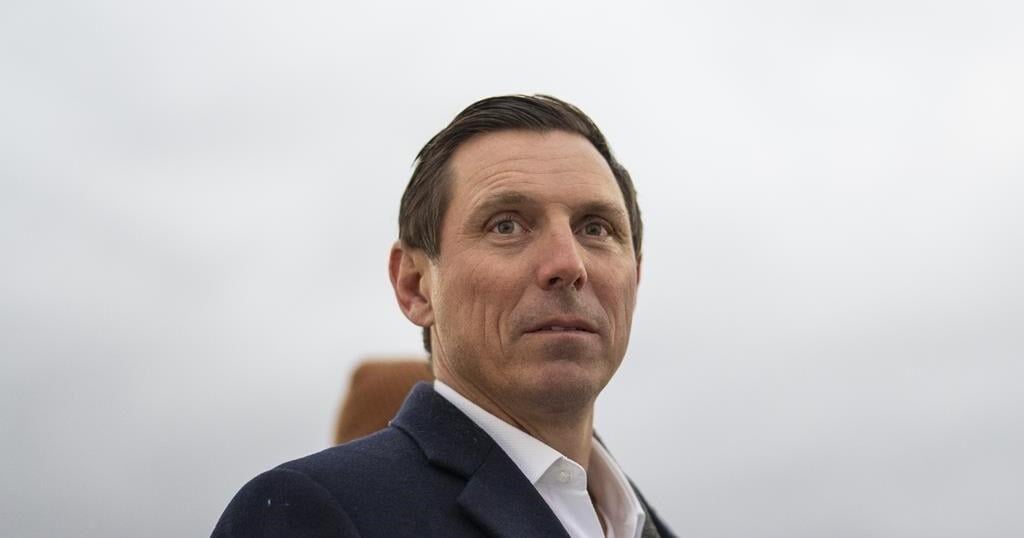Canada fully supports the International Court of Justice but that doesn’t mean it supports the premise of South Africa’s genocide case against Israel, Prime Minister Justin Trudeau said Friday.
On Thursday, South Africa launched a case at the top United Nations court arguing Israel’s bombardment of Gaza and its siege on the Palestinians who live there “are genocidal in character.”
Israel, which was founded in the aftermath of the Holocaust, has vehemently denied the allegations, and took the rare step of engaging with the court to defend their international reputation.
Trudeau said Canada is continuing to follow the South Africa case closely.
“Canada is engaged in five cases at the ICJ because we believe in the importance of that as an institution,” Trudeau said during a news conference Friday in Guelph, Ont.
“But our wholehearted support of the ICJ and its processes does not mean that we support the premise of the case brought forward by South Africa.”
The United States issued a statement Wednesday that, like Canada, backs the “vital role” the ICJ plays. But it went much further on this particular case, calling the claims Israel is committing genocide “unfounded.” Secretary of State Antony Blinken said Tuesday the case is “meritless.”
Trudeau’s position was less clear, but he said more details of Canada’s stance would be released in a statement from Global Affairs Canada later Friday.
When asked if Canada would support the ICJ if it sides with South Africa, Trudeau said he supports the court’s “important and rigorous work.”
South Africa has asked the international court to order Israel to halt its attacks, which began after Hamas militants killed 1,200 people in Israel and took about 240 people, including some children, hostage on Oct. 7.
Israel responded with airstrikes and by restricting access to crucial supplies in the Hamas-controlled territory, where local authorities say more than 23,200 Palestinians have been killed.
About 100 hostages were released by Hamas during a temporary ceasefire in November, which ended when Israel accused Hamas of firing a rocket at Israel and breaking the ceasefire terms to release all the female hostages.
The top UN court, which rules on disputes between nations, has never adjudged a country to be responsible for genocide. The closest it came was in 2007 when it ruled that Serbia “violated the obligation to prevent genocide” in the July 1995 massacre by Bosnian Serb forces of more than 8,000 Muslim men and boys in the Bosnian enclave of Srebrenica.
This report by The Canadian Press was first published Jan. 12, 2024.
— With files from The Associated Press
























